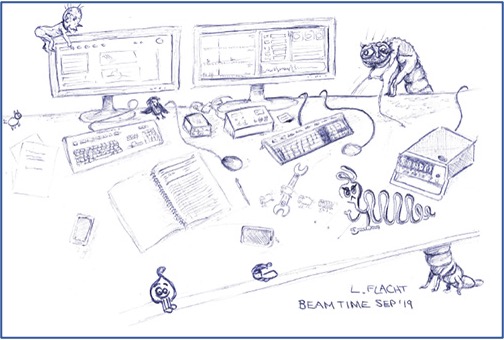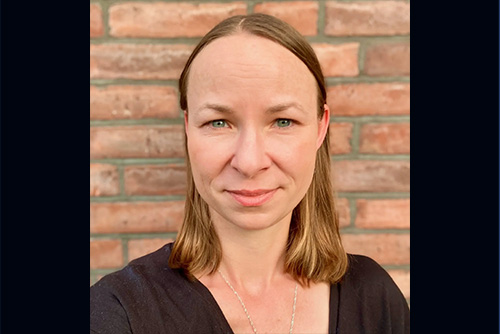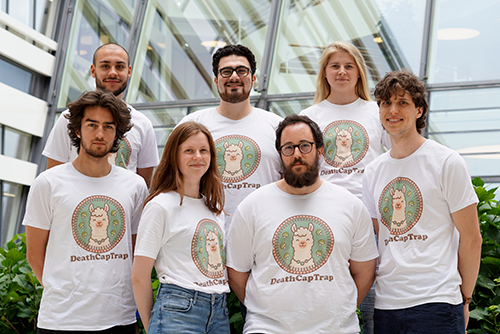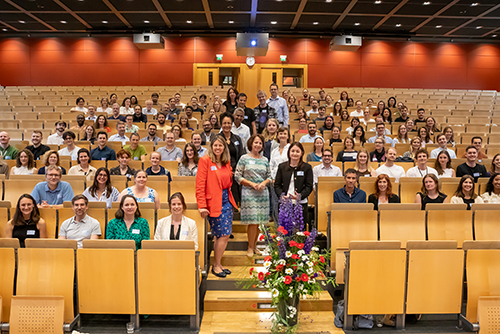Michael Filarsky receives an ERC Starting Grant
CSSB Scientist, Michael Filarsky (UHH), receives an ERC Starting Grant for his project looking into the adaptation of the malaria parasite, Plasmodium falciparum.
The European Research Council (ERC) starting grants are part of the EU’s Research and Innovation programme, Horizon 2020. The ERC awards the Starting Grants to outstanding young researchers who have completed their doctorate two to seven years ago. The grant gives them the opportunity to implement innovative projects in basic research. The grants amount to up to 1.5 million euros per project and run for five years.

MalSwitch - Which factors control the adaptation of the malaria parasite?
Around half a million people die every year from malaria, the most common infectious disease in the world. There is still no efficient vaccine against the disease, and because the adaptable malaria pathogen Plasmodium falciparum has developed resistance to most drugs, it is becoming increasingly difficult to treat.
The molecular mechanisms in the reproduction cycle of the parasite Plasmodium falciparum are not yet fully understood. The unicellular organism has an extremely complex life cycle in two different hosts: It mates in a mosquito and produces offspring that enter the human body through a mosquito bite. There, it multiplies by cell division, destroying red blood cells and triggering potentially fatal flare-ups. Most of these parasites remain in the human body and divide again and again. Only a few transform into male and female forms, which are returned to a mosquito via another insect bite. There the reproductive cycle begins anew.
"In the parasites there is a kind of molecular switch that triggers the transformation into male and female forms," explains Prof. Michael Filarsky, molecular biologist and specialist for human parasites. "Normally, this switch is set to 'off'. Environmental stimuli can cause certain proteins to flip the switch and set it to 'on'. If we could find out exactly how this interplay of environmental influences and molecular mechanisms works, new drugs might be able to stop this step in the future and thus stop the further proliferation of Plasmodium falciparum".
Prof. Dr. Michael Filarsky studied biology at the University of Regensburg and received his doctorate there in 2013 with a thesis on epigenetics. As a post-doctoral fellow he moved to the Swiss Tropical and Public Health Institute (SwissTPH), where he specialized in research on the malaria pathogen Plasmodium falciparum. Since 2019, he has been a junior professor at the Universität Hamburg and works at the Center for Structural Systems Biology (CSSB) in Bahrenfeld.



